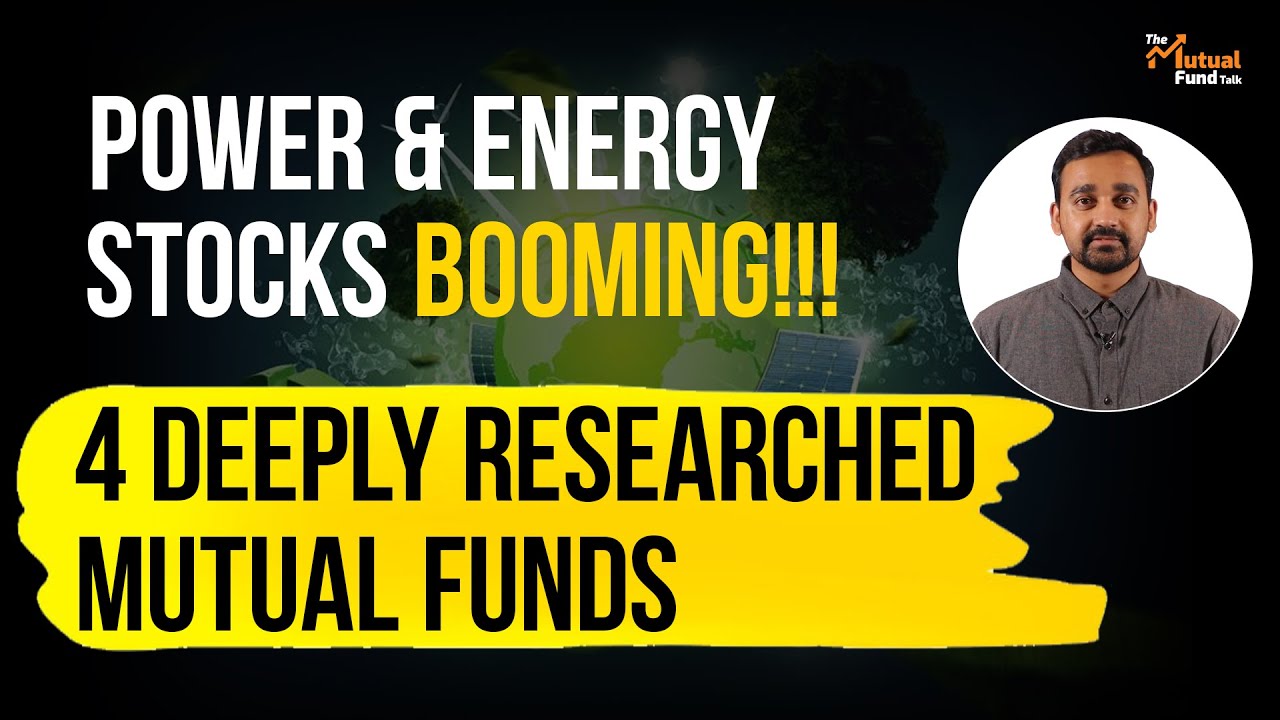
Understanding Sustainable Investing
In recent years, the concept of sustainable investing has gained significant traction among investors. This approach not only focuses on financial returns but also on the impact of investments on the environment and society. By choosing to invest in a sustainable future, individuals can contribute to the well-being of the planet while potentially benefiting from the growing market for renewable energy and other sustainable initiatives.
What is Sustainable Investing?
Sustainable investing refers to investment strategies that consider both financial performance and environmental, social, and governance (ESG) factors. Investors are increasingly aware that companies with strong sustainability practices are likely to outperform their peers in the long run.
Why Invest Sustainably?
- Positive Impact: Investing in sustainable companies can lead to positive environmental and social outcomes.
- Financial Returns: Research shows that sustainable investments can deliver competitive returns.
- Risk Management: Sustainable companies often exhibit lower risk profiles due to their focus on long-term viability.
- Alignment with Values: Sustainable investing allows individuals to align their portfolios with their personal values and beliefs.
The Role of Renewable Energy in Sustainable Investing
Renewable energy plays a crucial role in the transition to a sustainable future. As the world faces the challenges of climate change and dwindling fossil fuel resources, investing in renewable energy sources such as solar, wind, hydro, and geothermal becomes increasingly important.
Types of Renewable Energy Investments
Investors can choose from a variety of renewable energy sources to build a diversified portfolio. Here are some popular options:
- Solar Energy: Investments in solar panel manufacturing, installation, and solar farms.
- Wind Energy: Investments in wind turbine production and wind farm development.
- Hydropower: Investments in dam construction and maintenance of hydroelectric plants.
- Geothermal Energy: Investments in geothermal power plants and technology development.
Renewable Energy Mutual Funds
One effective way to invest in renewable energy is through mutual funds that specialize in this sector. These funds pool money from multiple investors to invest in a diversified portfolio of renewable energy companies. Here are some examples:
- iShares Global Clean Energy ETF (ICLN): This fund focuses on global companies involved in clean energy production.
- Invesco Solar ETF (TAN): This fund specifically targets the solar energy industry, including solar panel manufacturers and installers.
- First Trust Global Wind Energy ETF (FAN): This fund invests in companies that generate energy from wind.
Benefits of Investing in Renewable Energy Mutual Funds
Investing in renewable energy mutual funds offers several advantages:
- Diversification: Mutual funds provide a diversified exposure to multiple companies, reducing the risk associated with individual stocks.
- Professional Management: These funds are managed by professionals who analyze the market and make informed investment decisions.
- Accessibility: Mutual funds allow individual investors to participate in the renewable energy sector without needing extensive knowledge or large capital.
- Potential for Growth: As the demand for renewable energy continues to rise, these funds can benefit from the overall growth of the sector.
Evaluating Renewable Energy Mutual Funds
Before investing in a renewable energy mutual fund, it is essential to evaluate its performance and characteristics. Here are some key factors to consider:
- Expense Ratio: Lower expense ratios can lead to higher net returns for investors.
- Performance History: Analyze the fund’s historical performance compared to its benchmark and peers.
- Holdings: Review the underlying assets in the fund to ensure they align with your investment goals.
- Management Team: Research the experience and track record of the fund’s management team.
The Future of Renewable Energy Investments
The future of renewable energy investments looks promising. With governments and corporations committing to carbon neutrality and sustainable practices, the demand for clean energy is expected to grow significantly. Here are some trends to watch:
- Technological Advancements: Innovations in renewable energy technologies will improve efficiency and reduce costs.
- Policy Support: Government policies promoting renewable energy adoption will create favorable investment environments.
- Corporate Sustainability Goals: More companies are setting ambitious sustainability targets, driving demand for renewable energy.
- Public Awareness: Growing awareness of climate change will lead to increased consumer demand for sustainable products and services.
Challenges in Renewable Energy Investing
While the renewable energy sector offers significant opportunities, it is not without challenges. Investors should be aware of the following:
- Regulatory Risks: Changes in government policies can impact the profitability of renewable energy projects.
- Market Volatility: The renewable energy sector can be subject to market fluctuations, affecting investment returns.
- Technological Risks: Rapid advancements in technology can render certain investments obsolete.
- Infrastructure Limitations: The current energy infrastructure may not be fully equipped to handle large-scale renewable energy integration.
How to Get Started with Sustainable Investing
Getting started with sustainable investing is easier than you might think. Here are some steps to guide you:
- Define Your Goals: Determine your investment objectives, risk tolerance, and time horizon.
- Research Investment Options: Explore various sustainable investment vehicles, including mutual funds, ETFs, and individual stocks.
- Consult with a Financial Advisor: Consider seeking advice from a financial professional with experience in sustainable investing.
- Monitor Your Investments: Regularly review your portfolio to ensure it aligns with your sustainability goals and make adjustments as necessary.
Conclusion: Investing in a Sustainable Future
Investing in a sustainable future is not just a trend; it is a necessary shift towards a more equitable and environmentally-friendly world. By focusing on renewable energy and sustainable practices, investors can contribute to a brighter future while potentially reaping financial rewards. With the right strategies and informed decisions, anyone can play a part in creating a sustainable future.

